 On December 11, a federal jury in Delaware found that Apple’s iPhone violates three patents held by MobileMedia Ideas LLC (“MMI”), a Maryland company. The company first filed the patent infringement lawsuit on March 31, 2010, in the U.S. District Court for the District of Delaware, where it was assigned to Judge Sue Robinson.
On December 11, a federal jury in Delaware found that Apple’s iPhone violates three patents held by MobileMedia Ideas LLC (“MMI”), a Maryland company. The company first filed the patent infringement lawsuit on March 31, 2010, in the U.S. District Court for the District of Delaware, where it was assigned to Judge Sue Robinson.
In its complaint, MMI alleged that Apple’s manufacture and sale of the iPhone product violated 14 patents owned by MMI. After extensive discovery and pretrial procedures, the case went to a jury trial. The jury returned a verdict for MMI, finding that Apple directly infringed on three of the patents at issue:
- U.S. Patent No. 6,070,068: “Communication terminal device and method for controlling a connecting state of a call into a desired connection state upon a predetermined operation by a user” (originally assigned to Sony)
- U.S. Patent No. 6,253,075: “Method and apparatus for incoming call rejection” (originally assigned to Nokia)
- U.S. Patent No. 6,427,078: “Device for personal communications, data collection and data processing, and a circuit card” (originally assigned to Nokia)
MMI has filed lawsuits against other technology companies as well, including Research In Motion (RIM) and HTC Corporation, but they have not yet been resolved.

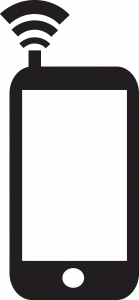 Yesterday, December 6, a Canadian company filed two lawsuits against Apple, alleging that the Cupertino, California, company infringed on several of its patents.
Yesterday, December 6, a Canadian company filed two lawsuits against Apple, alleging that the Cupertino, California, company infringed on several of its patents.  Earlier this week, on December 3, Apple was
Earlier this week, on December 3, Apple was 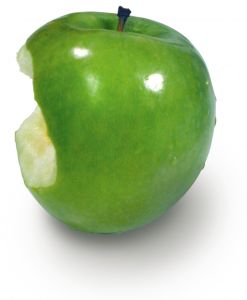 Last Thursday, November 29, a foreign corporation called Arendi
Last Thursday, November 29, a foreign corporation called Arendi 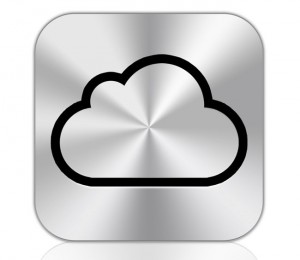 On Friday, a California company called Innovative Automation LLC
On Friday, a California company called Innovative Automation LLC 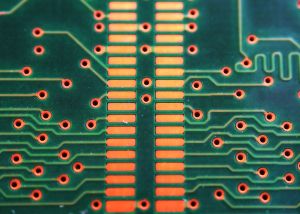 Yesterday, on November 12, 2012, Texas company NovelPoint Tracking LLC filed a lawsuit against Apple Inc. for patent infringement. Brought in the U.S. District Court for the Eastern District of Texas, the suit alleges that certain Apple products, and specifically the iPhone 4S, infringe on a patent owned by the plaintiff.
Yesterday, on November 12, 2012, Texas company NovelPoint Tracking LLC filed a lawsuit against Apple Inc. for patent infringement. Brought in the U.S. District Court for the Eastern District of Texas, the suit alleges that certain Apple products, and specifically the iPhone 4S, infringe on a patent owned by the plaintiff. A snippy apology is apparently not what the judges involved in Apple’s U.K. patent litigation over Samsung tablets ordered, according to
A snippy apology is apparently not what the judges involved in Apple’s U.K. patent litigation over Samsung tablets ordered, according to 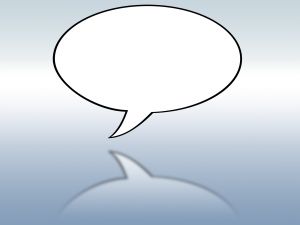 Last Friday, Intercarrier Communications LLC (“ICC”), a Texas limited liability company, filed
Last Friday, Intercarrier Communications LLC (“ICC”), a Texas limited liability company, filed 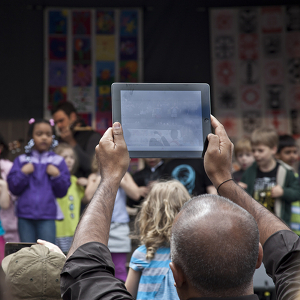
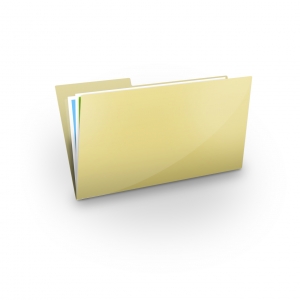 Yesterday, WhitServe LLC
Yesterday, WhitServe LLC